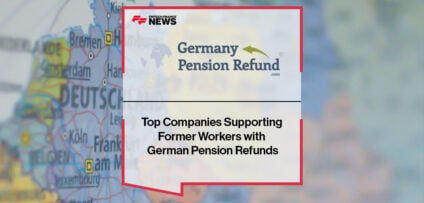Breaking News

96% of Financial Institutions Struggle to Locate Information in the Workplace
The financial sector must get better at managing information assets to protect against security threats
M-Files warns that the financial services (FS) sector must become better at protecting information, following research by the company which found that 96 per cent of FS organisations in the UK struggle to locate documents in the workplace.
The rapidly-evolving cyber threat landscape means that the duty-of-care for protecting sensitive customer and company information has never been higher and this will only increase with the introduction of the General Data Protection Regulation (GDPR) in May 2018. However, new research from M-Files suggests that many FS organisations are struggling with basic information management issues, which could ultimately put customer data at risk. The research highlighted a number of areas of concern within the FS sector, including:
- 62 per cent of respondents have had to recreate a document which already existed because they were unable to find it on their corporate network, indicating that documents are regularly lost
- 46 per cent state that employees use file sharing apps and 27 per cent reported that staff use their personal devices to access corporate information, heightening the risk of security breaches
- 27 per cent of organisations experienced a mobile device-related information security breach last year, while 31 per cent simply didn’t know whether or not one had occurred
Julian Cook, VP of UK Business at M-Files states that with the GDPR on the horizon, the ramifications of poor information handling practices will only intensify, demonstrating the need for an effective information management strategy to support security protocols.
“Financial institutions must become better at managing their information assets, as they face ever increasing security threats from both inside and outside of the organisation. Those in the finance industry have a responsibility to their customers to ensure that the information they manage on their behalf is protected in a highly secure way, but evidence is widely available to suggest that many are struggling to do so.”
A recent industry survey revealed that just one in five banks are highly confident in their ability to detect a breach, let alone defend against it – and as breaches continue to be played out in the public domain this will only dent consumer confidence further. The arrival of GDPR will thrust any poor practices with potentially severe financial and reputational consequences for offenders into the limelight. It is therefore critical that organisations seek to address their shortcomings by strengthening company policies and training schemes for staff, and also by providing safe yet efficient ways for employees to access and manage information.
Cook concluded: “There is a fine balance to be had between ensuring that documents are adequately secure but also ensuring that users have quick and easy access to the information they need to do their jobs, negating the need to turn to other, less secure options that put customer information at risk. It’s clear from our research that few in the FS sector have yet found that balance, but enterprise content management (ECM) systems can help them achieve this. These solutions can enable information to be managed and secured intuitively, reducing the risk of information becoming lost or misplaced and ensuring that compliance requirements are met.”
- DIFC’s Dubai FinTech Summit Expands Globally with Pakistan Digital Authority Read more
- GoldenPeaks Capital Secures Largest PPA Deal in Hungary With Hankook Read more
- Volante Technologies: AI, Crypto, and Modern Banking Innovation Read more
- Payment Spayce and Sagicor Bank: Innovating Fintech for the Caribbean Market Read more
- Top Companies Supporting Former Workers with German Pension Refunds Read more












